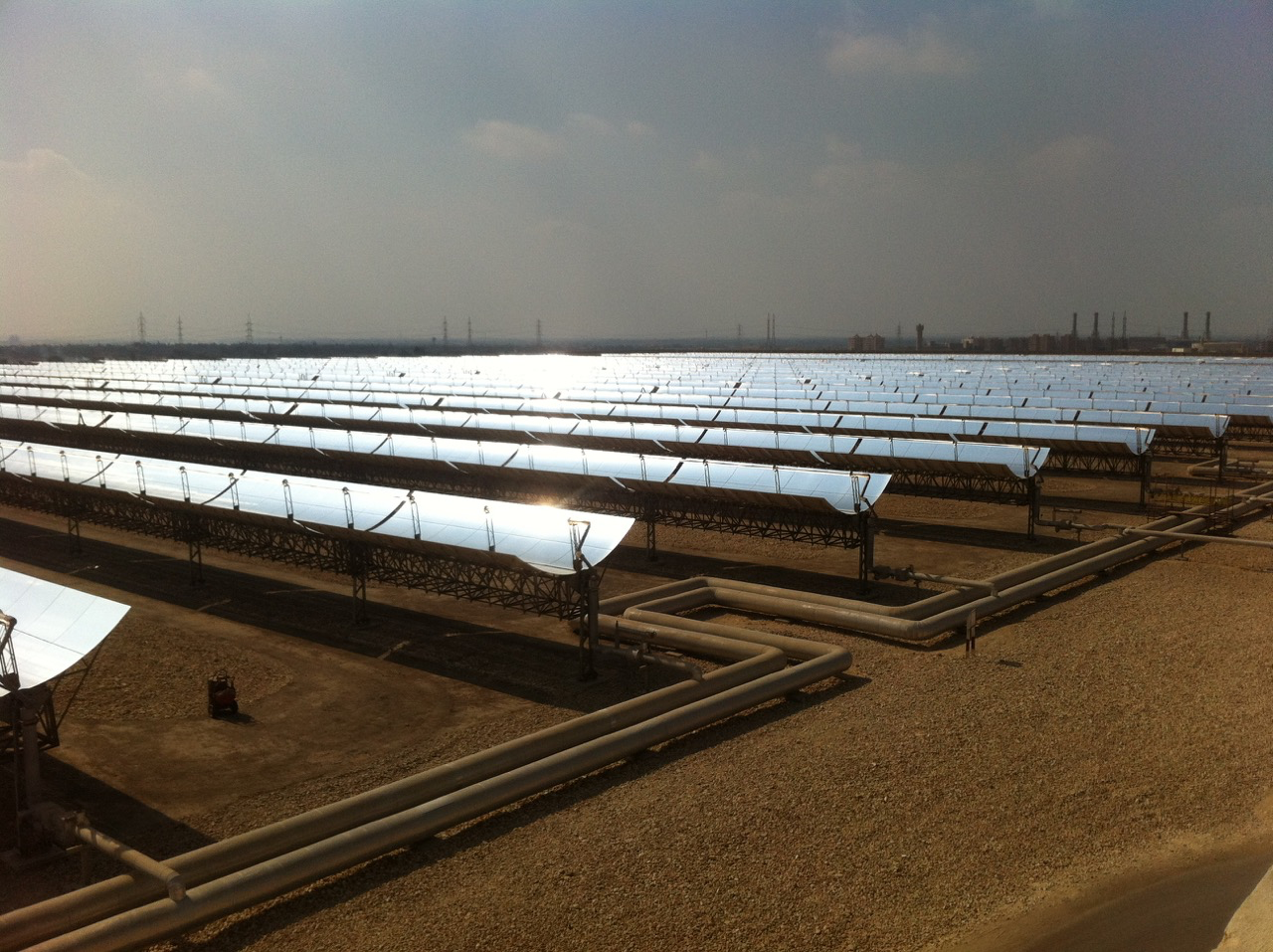DESERTECTION project
The Middle East and North Africa (MENA) region is home to the world’s largest petroleum reserves, and also its widest desert. There are sound technical and economic reasons for that desert becoming an important source of renewable energy. The DESERTECTION project in the Climate Policy group is aimed at understanding the social, political, and environmental challenges and opportunities of this happening.
Most of our energy travels long distances before we use it. As the world makes a transition to renewable power, it is likely that electricity itself, rather than the fuel to generate it, will make the journey from the area of abundant resources to high demand, as it already does in the case of hydropower. Hence, the idea of linking the solar and wind resources of the MENA region to demand centers in Europe has caught policy-makers’ and investors’ attention. But while the idea makes technical and economic sense, there are reasons to question whether it would make the people of either continent better off.
The DESERTECTION project, funded by the European Research Council from 2013 – 17, examines the social, political, and environmental factors that could make the export-oriented development of MENA’s solar and wind resources a success, a failure, or a political non-starter. In the first three years, we linked such development to energy security, job-creation, political corruption, water scarcity, and the technical achievement of a 100% renewables power system, as well as examining important barriers, including local opposition to infrastructure projects, the scarcity of finance, and the architecture of the European policy regimes. In the final two years of the project, we are focusing our attention on policy changes that could address stakeholders’ major concerns.

The ESC member involved in this project is Prof. Tony Patt, head of the Climate Policy research group. The CP group focuses on understanding the policies needed to make the transition to an energy system with zero greenhouse gas emissions, as well as the capacity to adapt to changes in climate and extreme events. The group combines empirical social science methods with numerical systems modeling.
